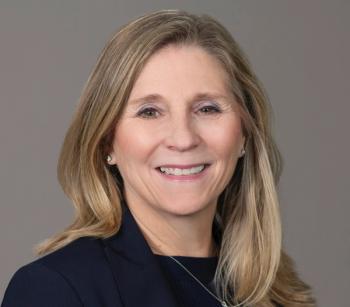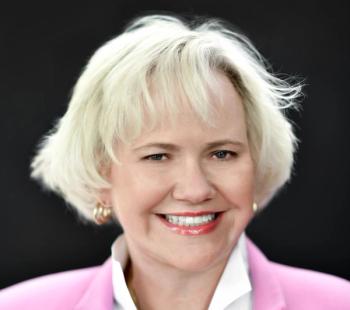
How eConsults Are Reducing Wait Times Through Enhancing Primary Care Capabilities
eConsults have emerged as an effective method to enhance front-line primary care capabilities.
One of the most severe consequences of the ongoing difficulties with specialty care access is a substantial increase in wait times among patients seeking a specialist appointment. The increase in appointment wait times increases the risk of avoidable complications and shifts the healthcare industry from proactive to reactive care, which is less effective and more costly for all parties involved. Further, while waiting for appointments, patients often seek care in less appropriate and more costly settings such as the emergency room—and indeed, a recent
Photo has been resized. Courtesy of
Efforts to streamline delivery of care have spurred an increasing prevalence of value-based payment arrangements, and primary care—the linchpin and front line of care—has emerged as a major catalyst for improving the efficiency and effectiveness of healthcare. Functioning as an effective primary intervention, primary care supports reduced wait times by optimizing time and place of care to treat a greater percentage of lower acuity patients, freeing up specialist queues for higher acuity patients. Primary care can also help better prepare high acuity patients in need of a face-to-face specialist appointment for a more effective and efficient visit.
But in order to maximize the potential impact primary care can have on improving access, PCPs should be empowered with solutions to assist them in providing the most comprehensive care possible within the most appropriate setting.
Telehealth solutions such as
eConsults have been shown to replace more than 70% of routine referrals with immediate, specialist-guided treatment from the PCP. This keeps lower acuity patients out of the specialist referral queue, freeing face-to-face visits for higher acuity patients. eConsults positively impact wait times in both the short and long term, which expedites care and improves outcomes for all.
Several studies have found demonstrable impacts of eConsults over the past several years. eConsults were first adopted by
“A safety net system can’t afford to hire enough specialists to meet demand—eConsults get around that problem by increasing access through enhancing efficiency,” said Mitchell Katz, M.D., who was director of the SFDPH.
Since then, the benefits of eConsults have been recognized by an increasing number of healthcare systems. The
Here’s what PCPs have to say about using eConsults to improve access to specialty care and reduce wait times:
“Especially with Medi-Cal patients, it usually takes at least four or five months for a patient to complete a referral. Very often, patients end up waiting three to five months, then receive notification their appointment has changed, the specialist has moved or even that the specialist is no longer taking that patient’s insurance. Some of these patients are then in limbo for more than six to nine months. This is where the benefit of AristaMD’s eConsult platform comes in. AristaMD specialists provide guidance on patient care plans, for example diagnostic or medication recommendations, within 24 hours.”
“With the implementation of eConsults, patients often don't have to go any further than our primary care office for most conditions, as we're able to manage these cases at a higher level than the average—ordinarily busy—practice would be willing to or are able to.”
“The wait in my region for a neurology evaluation for a Medicaid HMO-insured patient is about three to four months. With eConsults, I can consult with a neurologist based on patient symptoms and test results, then obtain recommendations for further testing and possibly initiation of treatment. The patient and family are comforted that the patient is receiving an active evaluation rather than just waiting months for an appointment.”
Primary care is positioned as a key player in improving access to care and reducing wait times, and eConsults can help PCPs do this even more effectively. eConsults empower primary care physicians to enhance clinical capabilities through specialist-guided care, positively impacting patient wait times in both the short and long term. This telehealth technology supports PCPs in treating lower acuity patients immediately with the support of on-demand specialist recommendations. Managing a higher proportion of routine referrals within the appropriate primary care setting allows specialists to make appointments available quicker for the higher acuity patients who need them most, improving healthcare outcomes for all.
About the Author: Brooke LeVasseur is the CEO of AristaMD, an eConsult solution company.
Get the best insights in digital health
Related






















































































